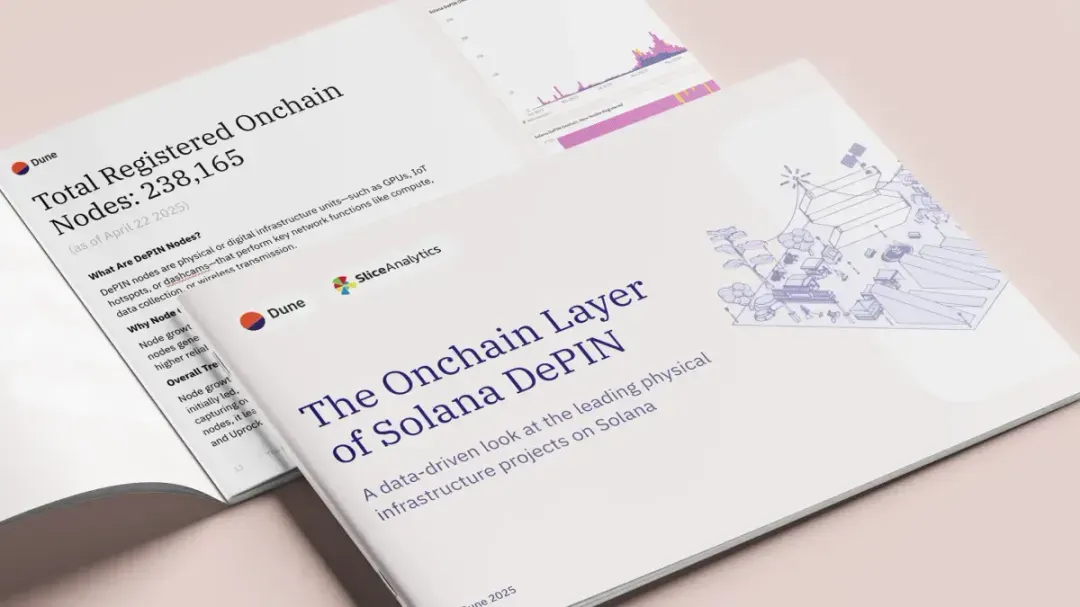Attorney claims the XRP Army influenced Judge Torres' decision on the lawsuit against Ripple
XRP tokenholders played a crucial role in helping Ripple Labs secure a victory against the US Securities and Exchange Commission (SEC), a case that officially concluded last month when both parties agreed to dismiss their appeals.
The SEC filed a lawsuit against Ripple in 2020, alleging that the company sold XRP tokens as unregistered securities. In July 2023, in the US Securities and Exchange Commission’s lawsuit against Ripple, Judge Analisa Torres determined that XRP is not inherently a security, and the case was fully resolved in August of this year.
Deaton explained on X that, despite more than 2,000 exhibits being submitted, Judge Torres cited just a few dozen, including the XRP Holder Affidavits, his amicus brief, and oral arguments from the LBRY case. He remarked, “No credible person can argue that the XRP Army didn’t make a difference in the Ripple case. If they do, they’re either ignorant of the facts and truth or intentionally lying.”
Deaton is recognized for championing the rights of crypto investors, particularly XRP holders, whom he contended were underrepresented in the SEC’s lawsuit against Ripple.
Deaton argues that even one person can change a situation’s outcome
Deaton noted that the court’s acknowledgment of XRP holder affidavits and his brief validated the role of community voices in the legal process. He stated that without those citations, some might have questioned whether their efforts had any real impact. Still, the ruling itself proved otherwise, showing that the XRP Army’s activism genuinely influenced the court’s reasoning.
His observations point to the growing belief that collective action can meaningfully impact the course of major crypto litigation. The lawyer even affirmed, “Often, people say one person can’t make a difference. I say: one person can inspire many people and together, they can make a difference.”
Some X community members agreed with Deaton that the XRP Army helped influence the judge’s decision. One user noted that there’s real influence when a large group engages through open forums. Another insisted that the XRP Army had left its mark on history, with the courtroom resounding with the power of a united community.
And with the US Appeals Court approving a joint move to dismiss appeals last month, the Ripple-SEC case is effectively closed.
Ripple’s McCrimmon explained that the firm is working to enhance payments and transactions
On the What’s at Stake podcast, Ripple’s Vice President and Deputy General Counsel Deborah McCrimmon also shared insights into the company’s mission and its battle with the SEC.
McCrimmon explained that Ripple is working toward an “internet of value,” seeking to make moving money globally easy and inexpensive. The XRP Ledger enables those near-instant, low-cost payments. She also said that the SEC case against Ripple became a collaborative effort, with the XRP community helping surface key SEC materials that strengthened Ripple’s fair notice case. Moreover, Deaton noted that retail investors’ consistent advocacy played a crucial role in helping Ripple weather the lawsuit, a factor many believe positions XRP to surpass Ethereum’s performance.
Long before the lawsuit, many in the crypto world dismissed XRP and used “XRP Army” as a jab at its most loyal holders. However, the SEC case turned that label into a badge of honor, rallying the community together.
XRPs price spiked 72% after Judge Torres issued a mixed ruling, determining that the token sold on public exchanges was not inherently a security back in 2023, rising from $0.47 to $0.81, according to CoinGecko.
Today, Ripple continues to grow the real-world utility of its token, deploying solutions for lightning-fast cross-border payments and greater access to financial services.
Ahead of the SEC and Ripple dropping their appeals, effectively winding down the court case, the token surged in trading once more on speculation and reached a high of $3.35 before retreating. At press time, XRP is exchanging hands at $2.85 a token, and is down about 4% in the past 24 hours after reaching a new all-time high of $3.65 back in July
Want your project in front of crypto’s top minds? Feature it in our next industry report, where data meets impact.
You May Also Like

New York authorities freeze $300K linked to crypto scammers
